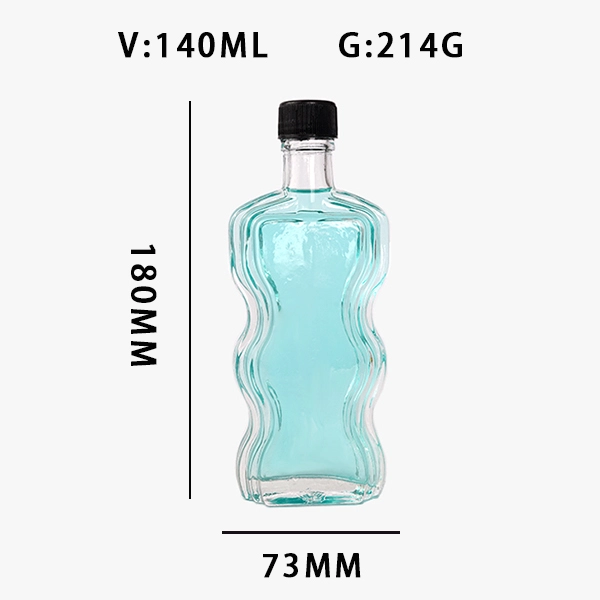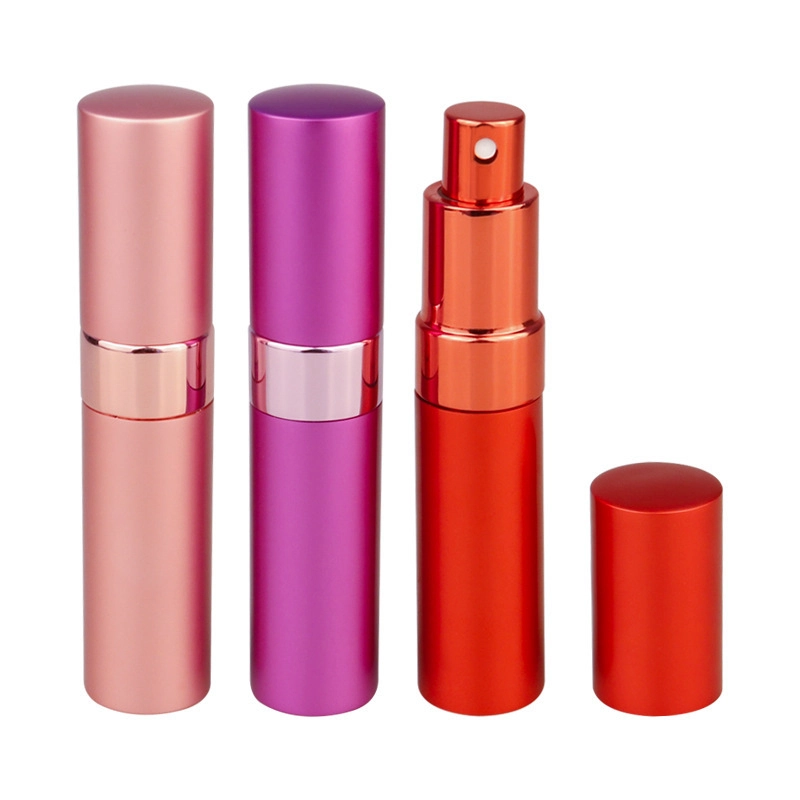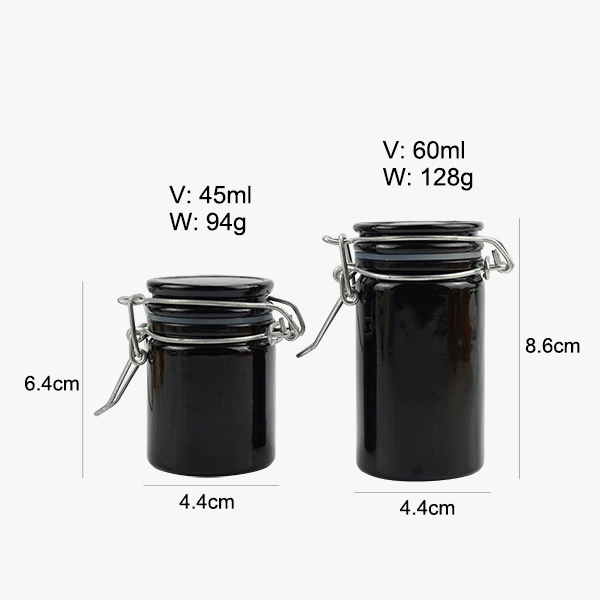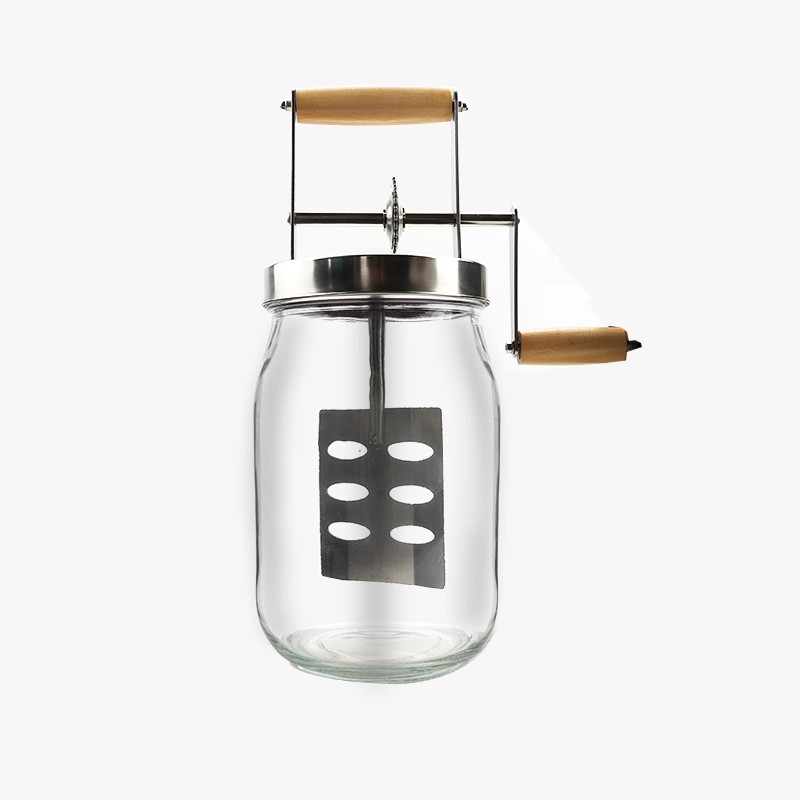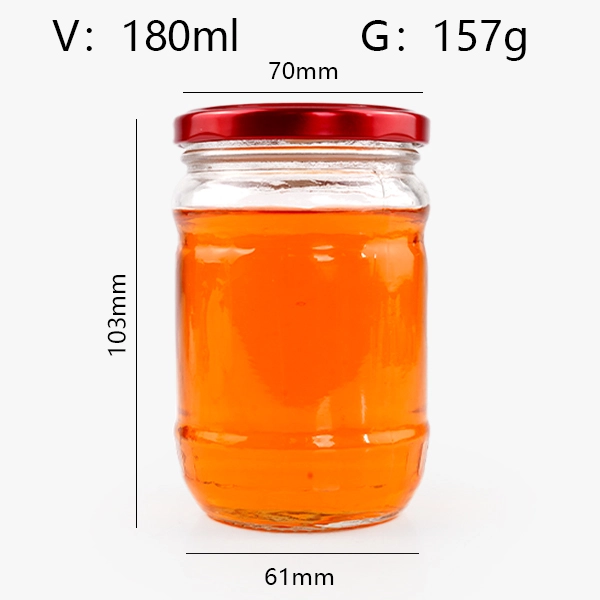
Part 1: Market Size and Growth
Mali’s glass bottle market is relatively small but crucial for its breweries, distilleries, and agro-food industries. Beer, soft drinks, and spirits dominate demand, while sauces and honey also rely on glass containers. Tourism and exports to neighboring West African countries add further importance.
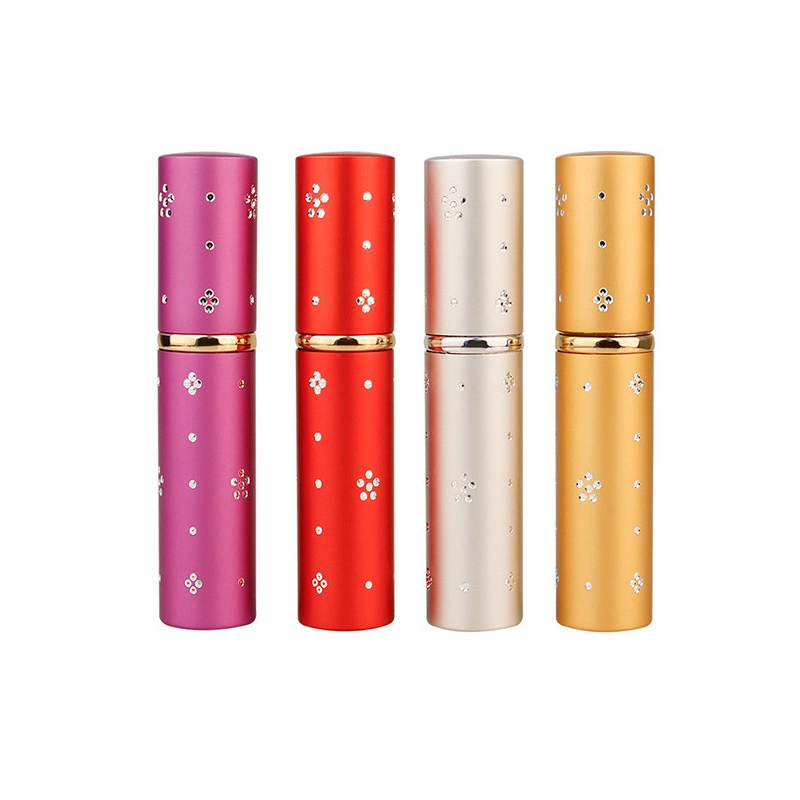
Most glass bottles are imported from C?te d’Ivoire, Senegal, and Europe, as Mali does not have large-scale glass manufacturing. Local producers focus on bottling and branding, relying on imports for containers. This reliance makes logistics and trade routes essential.
With increasing restrictions on single-use plastics and growing eco-consciousness, glass bottles are becoming the preferred sustainable option for beverages and food packaging in Mali.
Part 2: Leading Companies
Brasseries du Mali (BDM – Castel Group)
Brasseries du Mali, established in the 1960s and now part of the Castel Group, is Mali’s largest brewery. It produces beer, soda, and bottled water, with glass packaging as a key component.
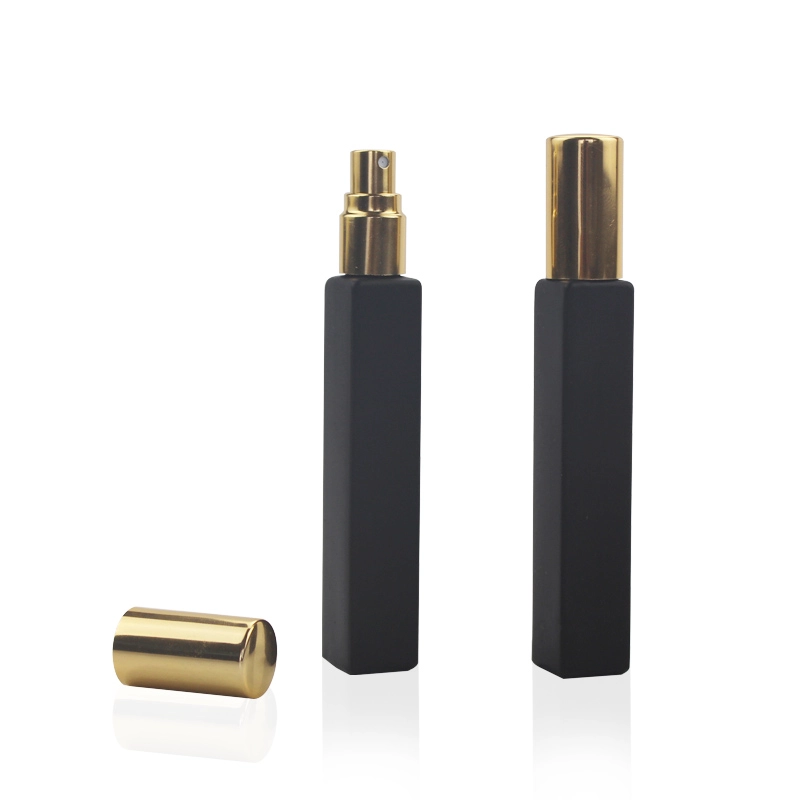
Products include beer bottles, soda bottles, and refillable glass containers. Glass is central to the company’s branding and recycling efforts.
BDM operates bottle reuse programs and complies with Castel Group’s international standards for quality and sustainability.
Coca-Cola Bottling Mali
Coca-Cola operates in Mali through a licensed bottler, producing beverages for the domestic market. While PET dominates retail, glass bottles remain widely used in restaurants, bars, and hotels.
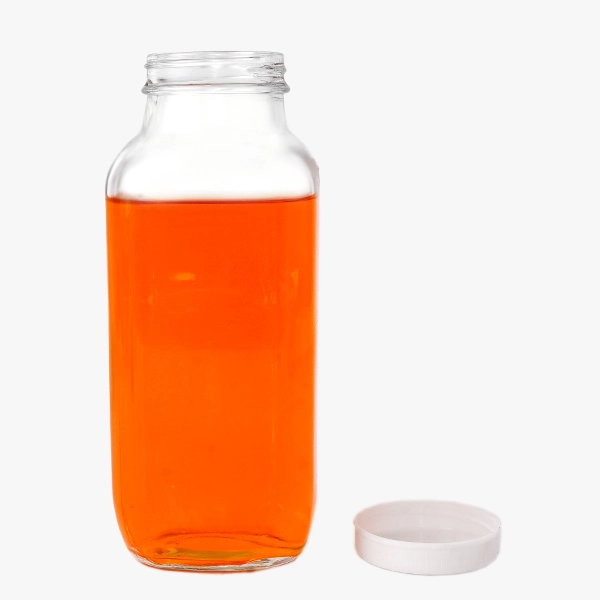
Products include Coca-Cola, Sprite, and Fanta in glass bottles. These premium formats help preserve brand image in hospitality and tourism sectors.
The company follows Coca-Cola’s global sustainability and food safety certifications.
Local Distilleries and Agro-Food Producers
Small distilleries and agro-food producers in Mali use glass bottles for rum, liqueurs, sauces, and honey. These serve both domestic consumers and export markets across West Africa.
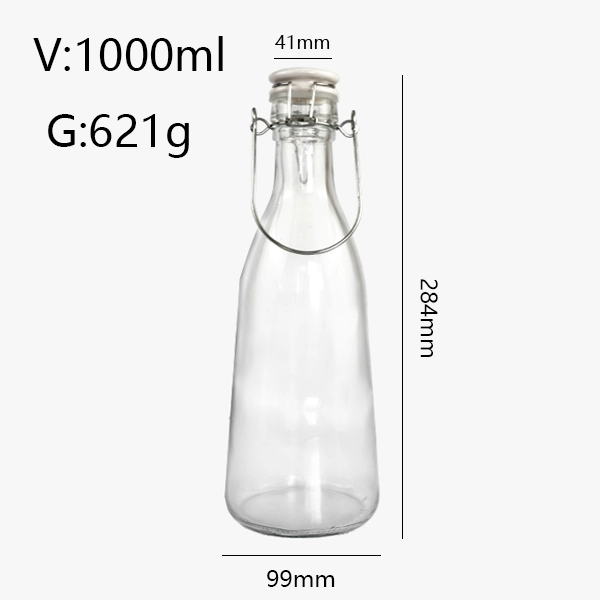
Products include spirits bottles, chili sauce jars, and honey containers. Glass packaging enhances authenticity and supports premium positioning in niche markets.
Many source bottles regionally from Senegal and C?te d’Ivoire.
| Company | Founded | Core Products | Industries | Certifications |
|---|---|---|---|---|
| Brasseries du Mali (Castel Group) | 1960s | Beer bottles, soda bottles | Breweries, beverages | ISO, Sustainability Standards |
| Coca-Cola Bottling Mali | 20th century | Soft drink bottles | Beverages, hospitality | Global Quality Certifications |
| Local Distilleries & Agro Producers | Various | Rum, sauces, honey jars | Spirits, agro-food | Food Safety Standards |
Part 3: Trade Shows and Industry Events
Salon International de l’Agriculture de Bamako (SIAGRI)
SIAGRI is Mali’s leading agricultural and agro-food trade fair. Beverage and food producers display glass-packaged goods to local and international buyers. It is a key platform for promoting Mali’s agro-food products.
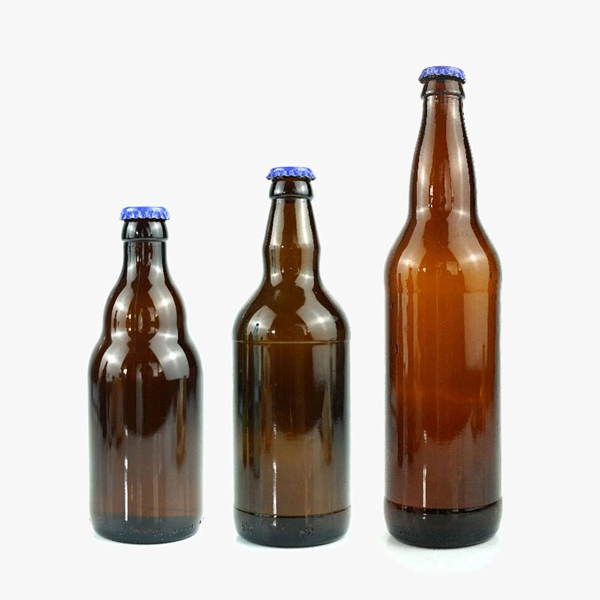
Held biennially in Bamako, SIAGRI highlights sustainable packaging, product launches, and export opportunities.
West Africa Agrofood Expo
Malian producers also participate in the West Africa Agrofood Expo, a regional event featuring packaging and beverage innovations. Glass packaging is a major theme for companies targeting exports.
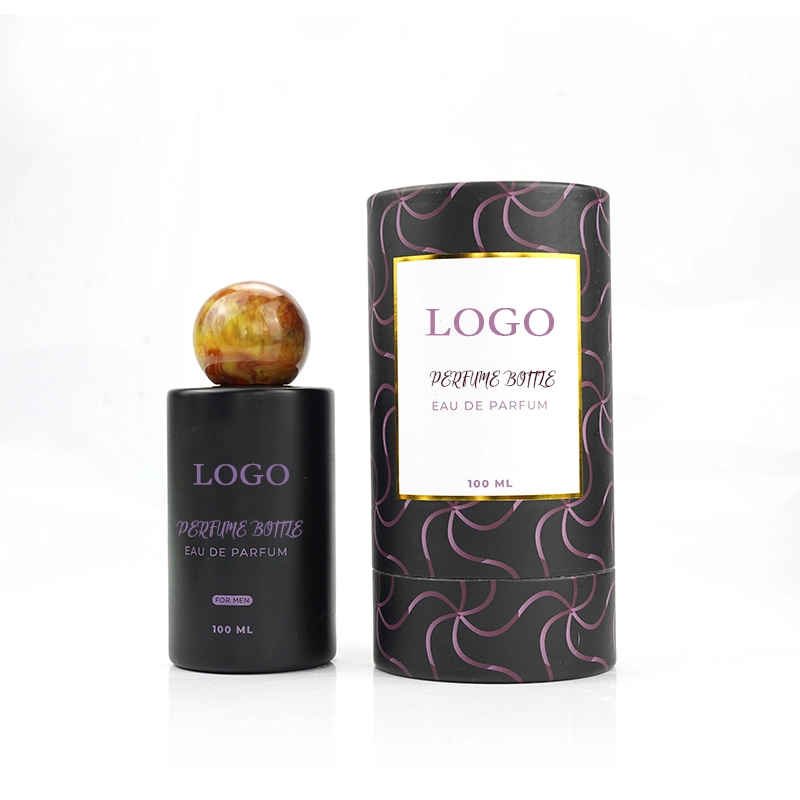
The event rotates across ECOWAS capitals, focusing on eco-friendly packaging, recycling, and international trade partnerships.
| Event | Date | Location | Highlights |
|---|---|---|---|
| SIAGRI | Biennial | Bamako, Mali | Agro-food packaging, exports |
| West Africa Agrofood Expo | Annual | ECOWAS region (rotating) | Glass packaging, sustainability |
Part 4: Impact of Global Trade Policies
Mali imports nearly all of its glass bottles, making international shipping and trade agreements critical. Rising freight costs and supply chain disruptions directly affect availability. This reliance creates risks for producers.
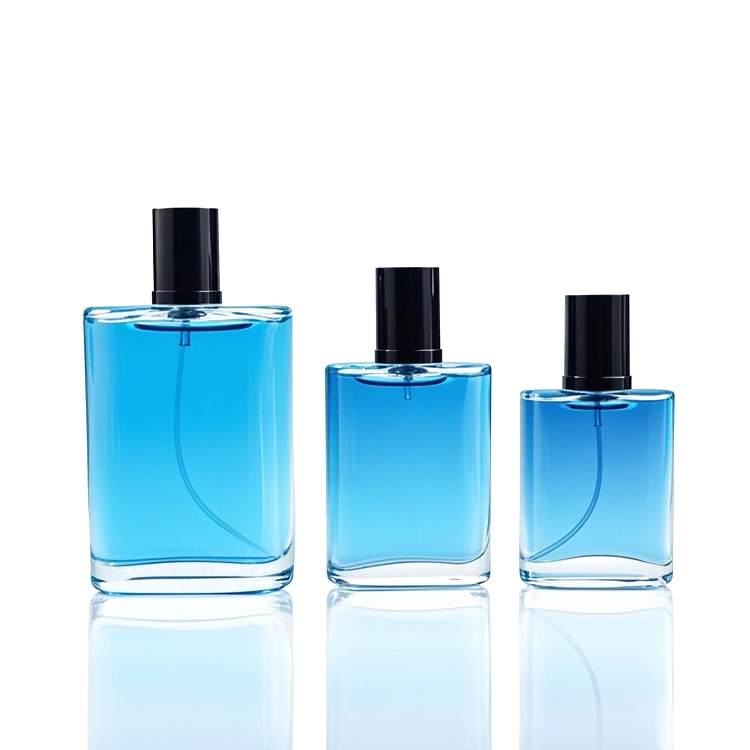
As an ECOWAS member, Mali benefits from regional tariff reductions that ease imports from Senegal and C?te d’Ivoire. This integration helps maintain affordability and stability.
Global sustainability initiatives also push Malian companies toward recycling and eco-friendly systems. By adopting these standards, Mali’s producers can align with international market expectations and expand exports.
Part 5: Conclusion
Mali’s glass bottle industry is led by Brasseries du Mali and Coca-Cola’s local bottler, alongside small agro-food and spirits producers. Beer, soda, and eco-conscious policies drive demand for glass packaging.
Challenges include total reliance on imports, high logistics costs, and limited recycling infrastructure. The future will depend on regional trade partnerships, sustainability efforts, and branding for export competitiveness.
Recommended Reading:
- Glass Bottle Manufacturers in Maldives
- Glass Bottle Manufacturers in Malawi
- Glass Bottle Manufacturers in Luxembourg
- Glass Bottle Manufacturers in Liechtenstein
- Glass Bottle Manufacturers in Vietnam
- Glass Bottle Manufacturers in Liberia
- Glass Bottle Manufacturers in Laos
- Glass Bottle Manufacturers in Kyrgyzstan
How to unscrew a perfume bottle?
Amber Glass Reed Diffuser Bottle 100ml 150ml 250ml
12Oz Transparent Glass Coffee Tumbler – Hot Sale Tea & Milk Drinkware Cup
wholesale glass milk bottle with lids 7.5oz 13oz 9oz 30oz

